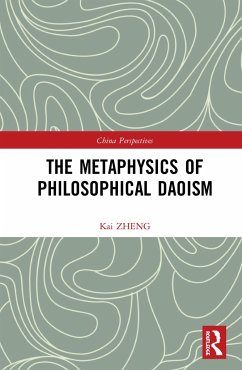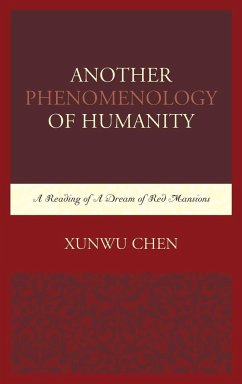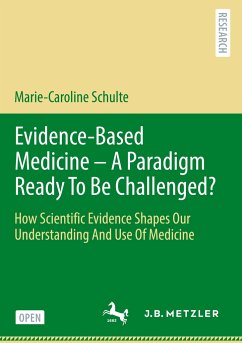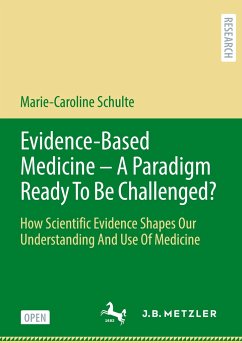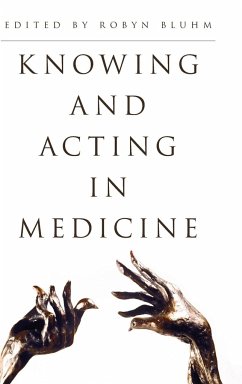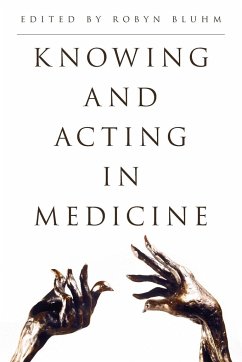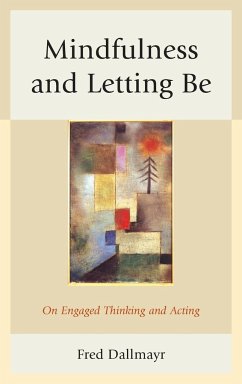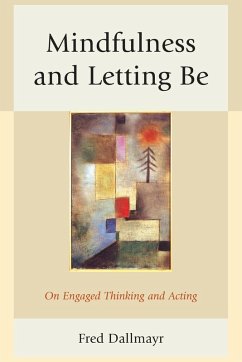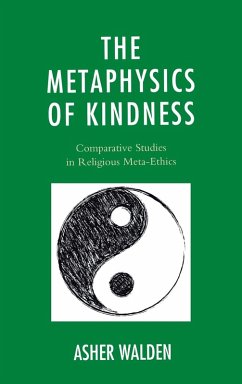
Philosophical Foundations of Classical Chinese Medicine
Philosophy, Methodology, Science
Versandkostenfrei!
Versandfertig in 1-2 Wochen
140,99 €
inkl. MwSt.
Weitere Ausgaben:

PAYBACK Punkte
70 °P sammeln!
This book makes Classical Chinese Medicine (CCM) intelligible to those who are not familiar with the tradition and who may choose to dismiss it off-hand or to assess it negatively . Keekok Lee uses two related strategies: arguing that all science and therefore medicine cannot be understood without excavating its philosophical presuppositions and showing what those presuppositions are in the case of CCM compared with those of biomedicine.




